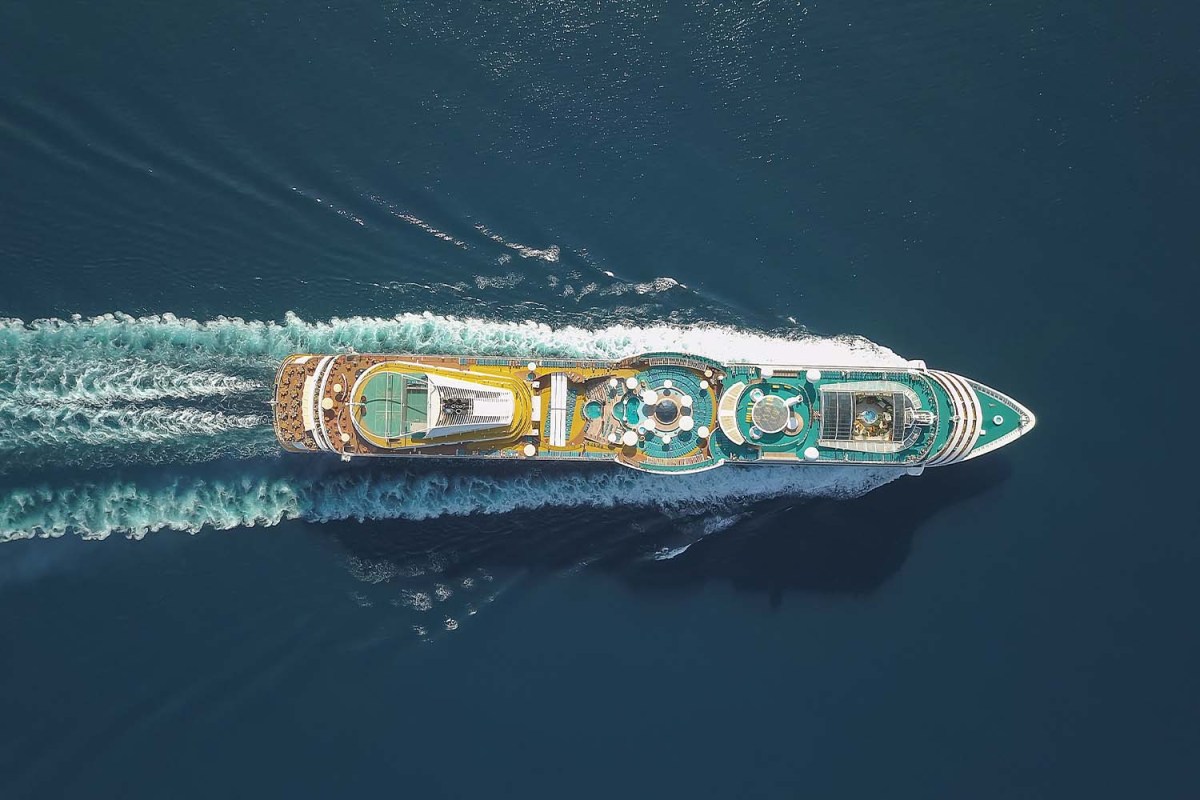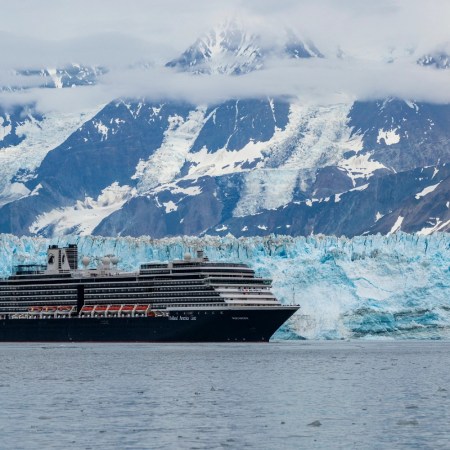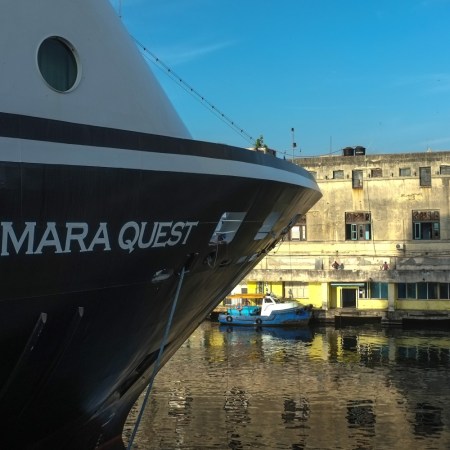Out of the nearly 2.5 million people who cruise over the course of a month, one or two people go overboard.
Per a report on operational incidents by the Cruise Lines International Association, there were 212 man overboard incidents on cruise ships between 2009-2019, which comes out to around 19 overboards a year. It should come as no surprise that they tend to happen, according to The Points Guy, when cruisers have had too much to drink and start climbing on top of railings, or when they enter restricted areas or attempt dangerous stunts.
In fact, one cruiser, a man James Michael Grimes, actually spent around 20 hours in the water off the coast of Southwest Pass, Louisiana after falling overboard last fall. He reportedly copped to “having some drinks and winning an air-guitar competition” before waking up in the water. (Which invites a whole new set of questions surrounding competitive air guitar, but I digress.)
It does, however, raise legitimate questions surrounding cruise ship overboard detection systems, which are — according to USA Today — few and far between. In fact, most cruise ships don’t have these systems in place at all. But how can that be in the year 2023?
Not a Cruise Person? These Four State-of-the-Art Ships Might Change That.
The Ritz-Carlton wants to entice you with its superyachts, while a carbon-neutral voyage to Antarctica takes a different tackThe Cruise Vessel Security and Safety Act of 2010 requires that passenger vessels operating in the U.S. “integrate technology that can be used for capturing images of passengers or detecting passengers who have fallen overboard, to the extent that such technology is available.” That said, it was apparently considered optional at the time because the technology simply didn’t exist.
“The problem was tuning the technology just right so that you wouldn’t be getting false alarms every time a seagull flew by the ship,” Brian Salerno, senior vice president of global maritime policy at Cruise Lines International Association, told USA Today. “It’s just human nature, if you have alarms going off constantly, they become less and less important.”
In the 13 years since the act was passed, several companies have worked to develop the technology, but it wasn’t until the pandemic hit that the “standard was finalized,” though it does appear that some cruise lines have leaned into “pandemic delays” to avoid rolling out the new tech. It’s true, too, that the system in question is still waiting on certification in accordance with the ISO (International Organization for Standardization) standard, which could also account for the dragging of feet. Even still, it feels like a stretch.
And while there are procedures in place to prevent the overserving of passengers — thus reducing the risk of incident —in the absence of a standardized system, officials are relying on cruisers to use common sense. So, in that vein, if I could offer some advice of our own? Steer clear of the air guitar competition.
Thanks for reading InsideHook. Sign up for our daily newsletter and be in the know.


















